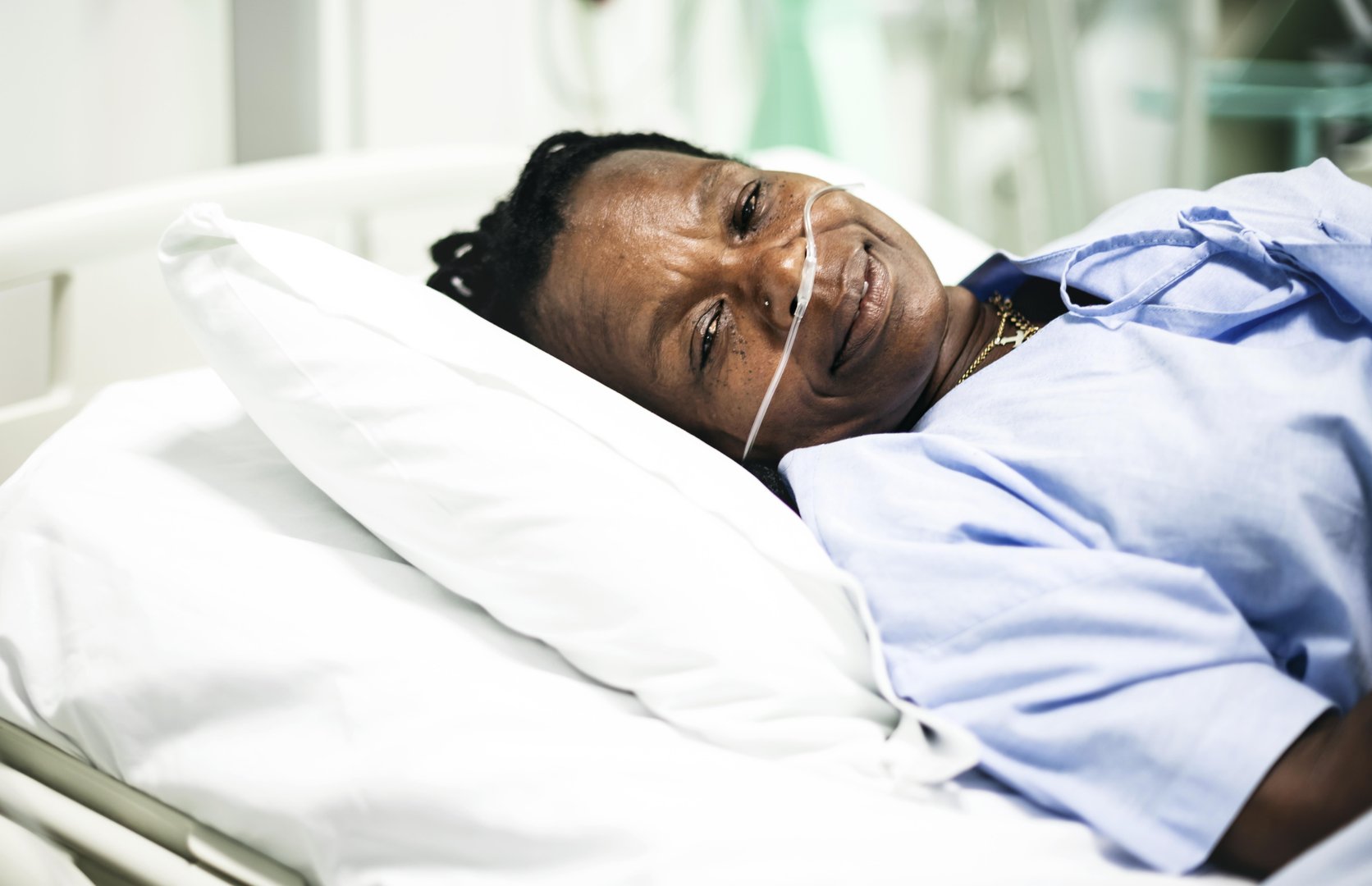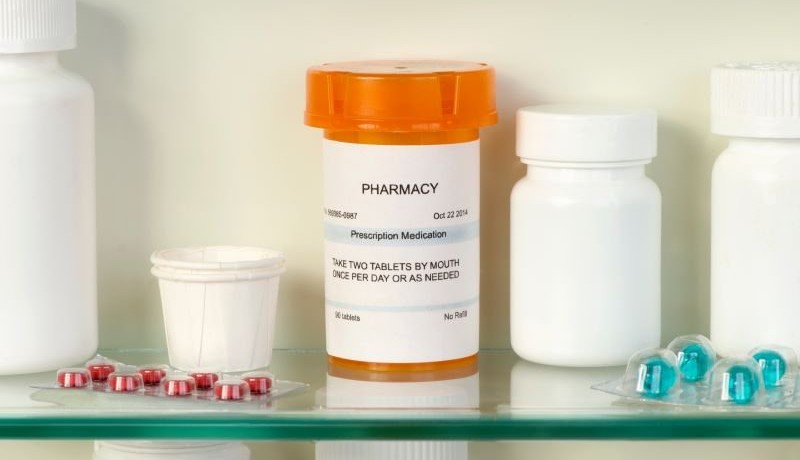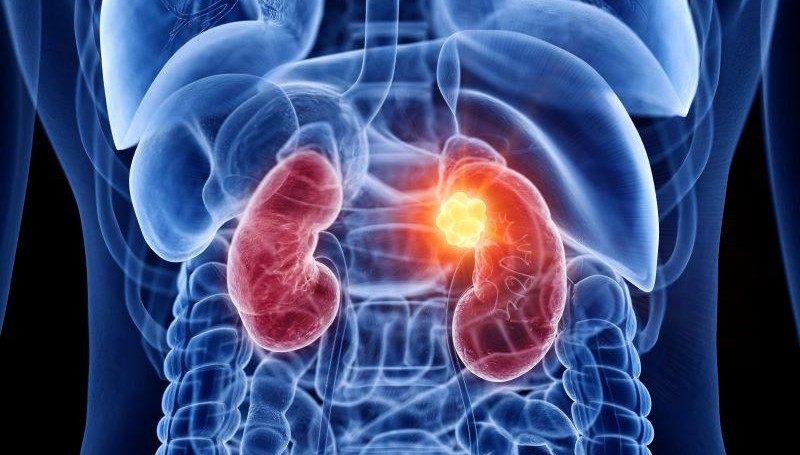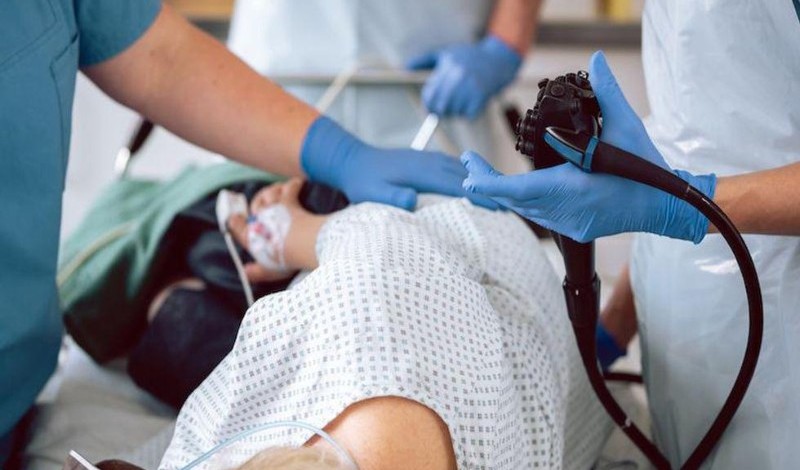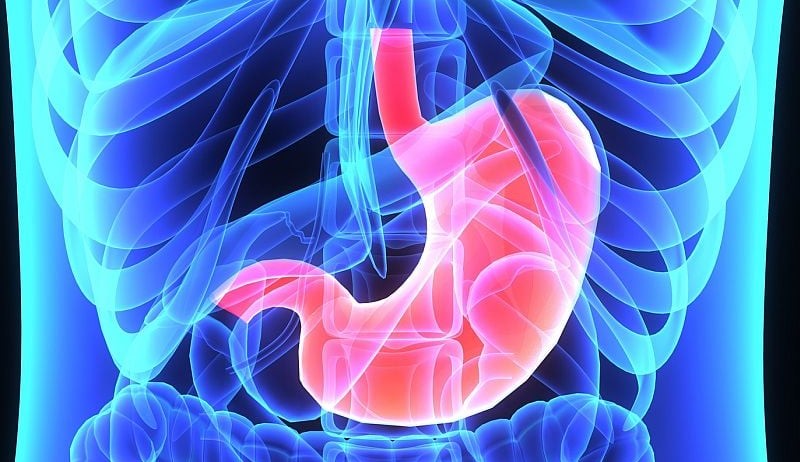The following is a summary of “Clinical outcomes and characteristics of patients with TP53-mutated myelodysplastic syndromes,” published in the March 2023 issue of Hematology by Zhang, et al.
For a study, researchers investigated the clinical outcomes and characteristics of TP53-mutated primary myelodysplastic syndromes (MDS).
A retrospective analysis was conducted on 74 de novo primary MDS patients who received diagnosis and treatment at the Department of Hematology of a hospital between January 2018 and September 2021. All patients underwent various evaluations, including blood cell counts, mean corpuscular volume (MCV), lactate dehydrogenase (LDH), bone marrow (BM) morphology and biopsy, MDS-related 20-gene mutations sequencing, and complete cytogenetic analysis through conventional chromosome analysis and fluorescence in-situ hybridization (69/74 patients).
The patients were divided into two groups: the TP53-mutated type (TP53Mut) group (n=19) and the TP53 wild-type (TP53WT) group (n=55). The TP53Mut group had a higher frequency of cytogenetic abnormalities (82.4% vs. 30.8%, P<0.001), particularly 5q- karyotype (64.70% vs. 38.5%, P<0.001), complex karyotype (CK) (64.70% vs. 38.5%, P<0.001), high-risk MDS (94.7% vs. 61.8%, P=0.008), and acute myelogenous leukemia (AML) transformation (26.3% vs. 12.7%, P<0.001) compared to the TP53WT group. Interestingly, the TP53Mut group had a lower median MCV than the TP53WT group (94.40 fl vs. 101.90 fl, P=0.008). Using MCV=100 fl as a cutoff, the MCV ≤100 fl was more common in the TP53Mut group (73.7% vs. 38.2%, P<0.001). After 1-4 courses of HMA±chemotherapy, the TP53Mut group showed a higher overall response rate than the TP53WT group (83.3% vs. 71.4%, P=0.012). The median follow-up duration was 12.0 months (1-46 months), and the results showed that the TP53Mut group had significantly shorter median OS and leukemia-free survival (LFS) compared to the TP53WT group (P=0.0018 and P=0.0310, respectively). The multivariate Cox proportional hazard analysis results revealed that TP53 mutation was an independent prognostic factor for the OS (HR 2.724, 95%CI 1.099–6.750, P=0.030).
TP53-mutated primary MDS patients were associated with a higher frequency of cytogenetic abnormalities, especially 5q- karyotype, CK, AML transformation, higher-risk IPSS-R, lower MCV, and sensitivity to HMA treatment, but worse survival.
Source: tandfonline.com/doi/full/10.1080/16078454.2023.2181773



